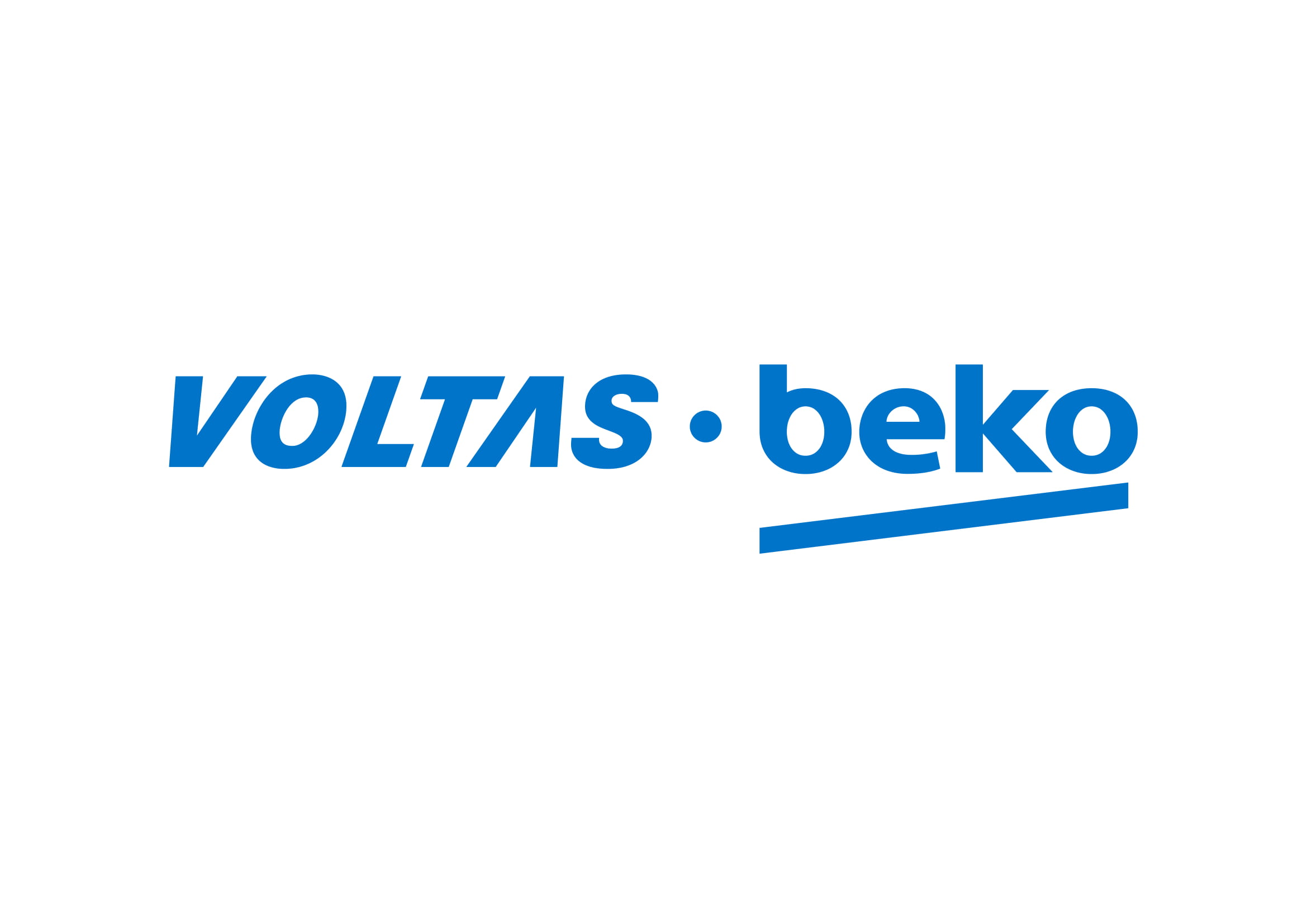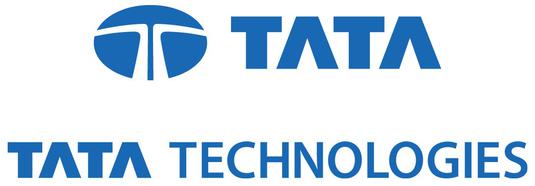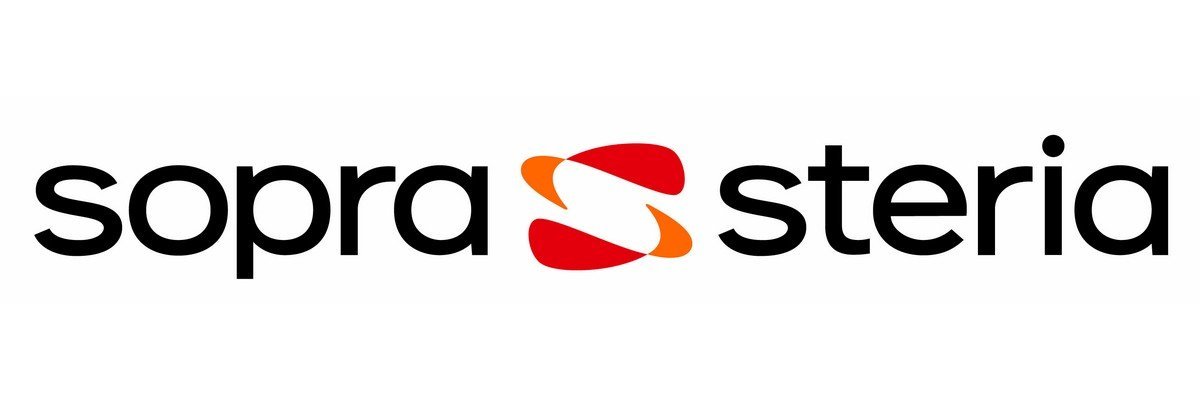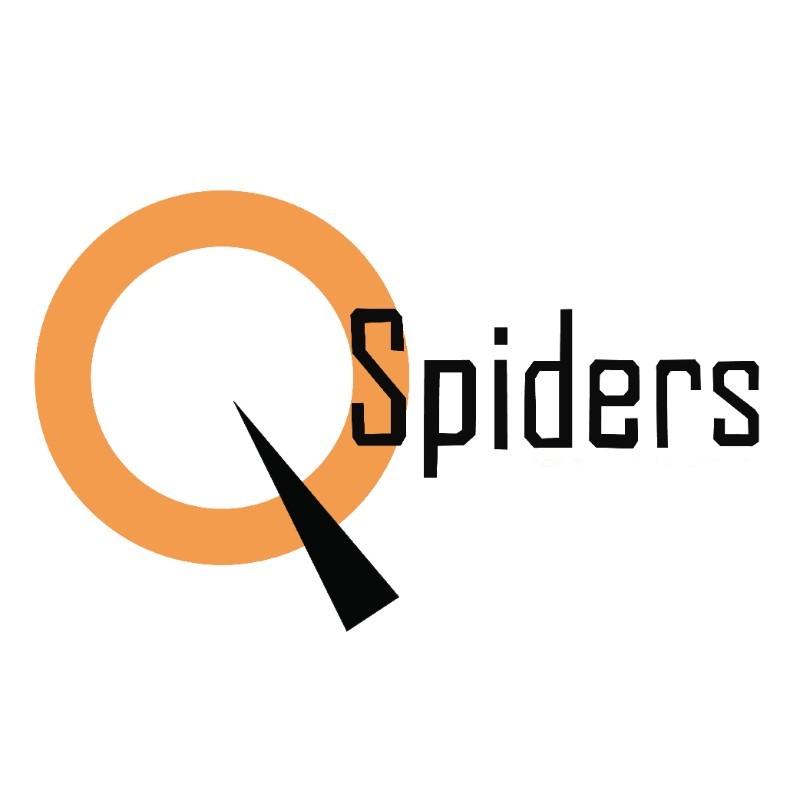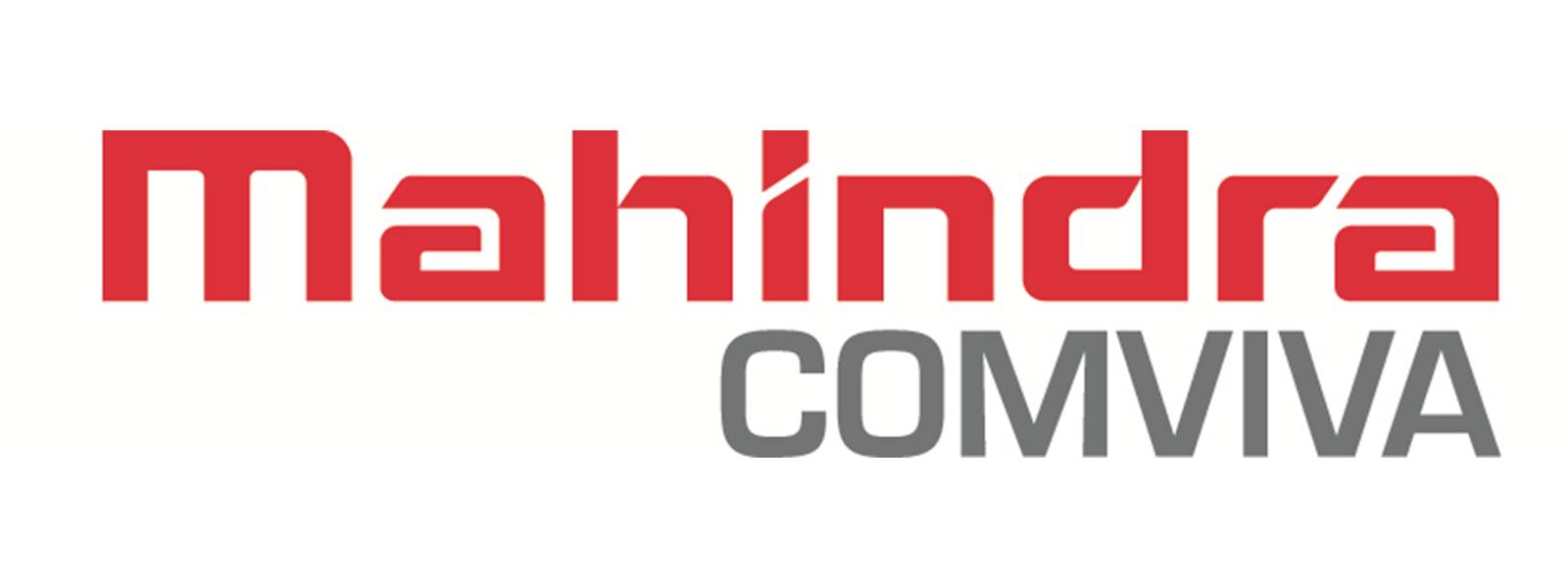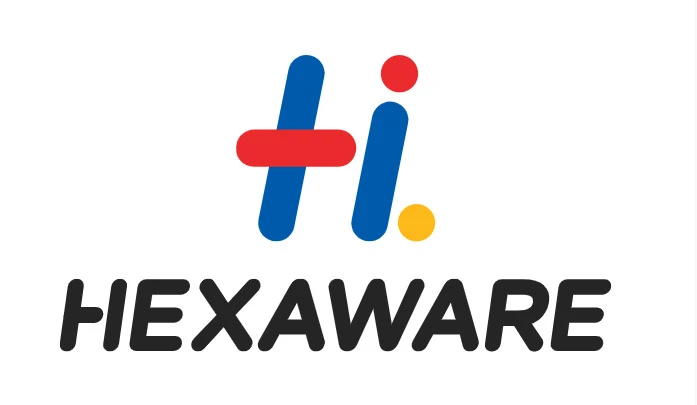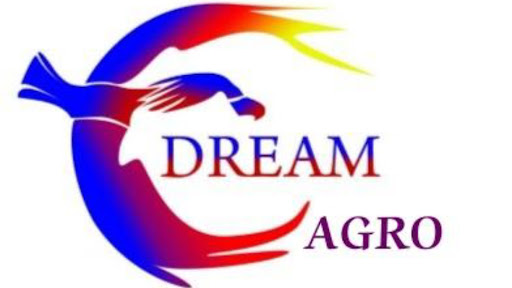Overview
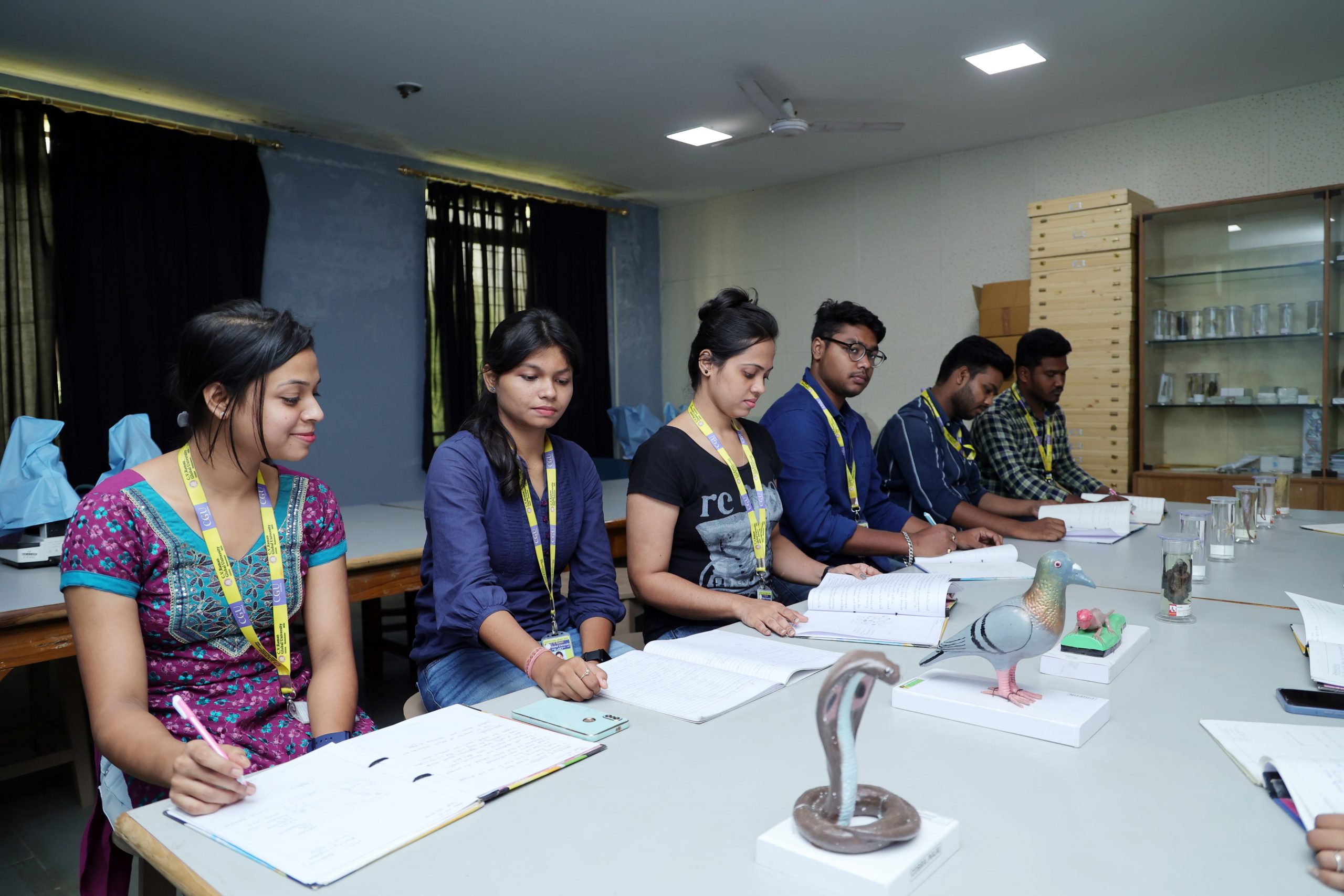
Program Educational Objectives (peo’s)
PEO1
To acquire conceptual knowledge and practical expertise related to basic and applied disciplines of animal sciencePEO2
To Identify the interdisciplinary approach of biological studies in the context of the application of genetic engineering, microbiology, bio stats, bioinformatics, and other disciplines of life science in zoological studies.PEO3
To exhibit technical skills to design experimental protocols, data analysis, and interpretation of observations/results along with inculcation of research aptitude.PEO4
To recognize the scope and potential of animal science to address issues associated with environment and biodiversity conservation, industries, health, and society.PEO5
To acquire eligibility to appear in competitive examinations and exhibit skills to pursue a carrier in research, industries including government and private organizations.
Program Outcomes (PO’s)
PO1
Acquire knowledge about concepts of basic and applied fields of zoologyPO2
Identify application and implementation of the allied field of life science such as biotechnology, microbiology, analytical techniques, and bioinformatics in animal sciencePO3
Depict profound technical skill to conduct experiments, record observations, interpret data, and derive conclusions.PO4
Inculcate the ability to apply modern tools techniques, computer programming, and biostatics and identify their application in scientific studies.PO5
Enhance their presentation, communication, and writing skills through training, presentation, and seminars.PO6
Identify the potential of animal science studies in addressing problems related to society, environment, and medicine.PO7
Inculcate lifelong learning ability and acquire eligibility to pursue research and identify different carrier opportunities.
SYLLABUS
Semester - 1
| Sl No. | Paper Code | Paper Name | Credit |
|---|---|---|---|
| 1 | ZOL 101 | Non-chordates, Microbiology and parasitology | 4 |
| 2 | ZOL 102 | Tools and techniques in biology | 4 |
| 3 | ZOL 103 | Biochemistry and Histochemistry | 4 |
| 4 | ZOL 104 | Virology and Eukaryotic cell biology | 4 |
| 5 | ZOL (SDE)- 105 | Applied Entomology | 3 |
| 6 | ZOL (P) - 106 | Practical (ZOL 101, 102, 103 & 104) | 3 |
| TOTAL | 22 |
Semester - 2
| Sl No. | Paper Code | Paper Name | Credit |
|---|---|---|---|
| 1 | ZOL 201 | Environmental Biology, Biodiversity and Biostatistics | 4 |
| 2 | ZOL 202 | Molecular Biology – I and Genetics | 4 |
| 3 | ZOL 203 | Mammalian Endocrinology, Developmental Biology and Neurobiology | 4 |
| 4 | ZOL 204 | Mammalian Reproductive Biology | 4 |
| 5 | ZOL (P) - 205 | Practical (ZOL 201, ZOL 202) | 3 |
| 6 | ZOL (P) - 206 | Practical (ZOL 203, ZOL 204) | 3 |
| 7 | ZOL (SDE) - 207 | Animal Biotechnology | 3 |
| TOTAL | 25 |
Semester - 3
| Sl No. | Paper Code | Paper Name | Credit |
|---|---|---|---|
| 1 | ZOL 301 | Chordates and mammalian physiology | 4 |
| 2 | ZOL 302 | Molecular Biology-II and Ethology | 4 |
| 3 | ZOL 303 | Immunology | 4 |
| 4 | ZOL (P) 304 | Practical | 3 |
| 5 | ZOL 305 | Project-I | 3 |
| 7 | ZOL (SDE) - 306 | Entrepreneurship Development and Business Communication | 3 |
| TOTAL | 21 |
Semester - 4
| Sl No. | Paper Code | Paper Name | Credit |
|---|---|---|---|
| 1 | ZOL 401 | Project II | 12 |
| TOTAL | 12 |
Laboratories
Eligibility Criteria
M.Sc.
| M.Sc. | Passed bachelor degree (with Hons.) in the relevant field with at least 60% marks in aggregate. Candidates applying for M.Sc in Biotechnology must have passed graduation with honours in Biotechnology, Botany or Zoology with 60% marks in aggregate. |
|---|
Brand Association
Career path you can choose after the course
This course opens the door to many possible careers.
Research Scientist
Conservation Biologist
Environmental Consultant
Wildlife Biologist
Zookeeper or Curator
Teacher/Professor





